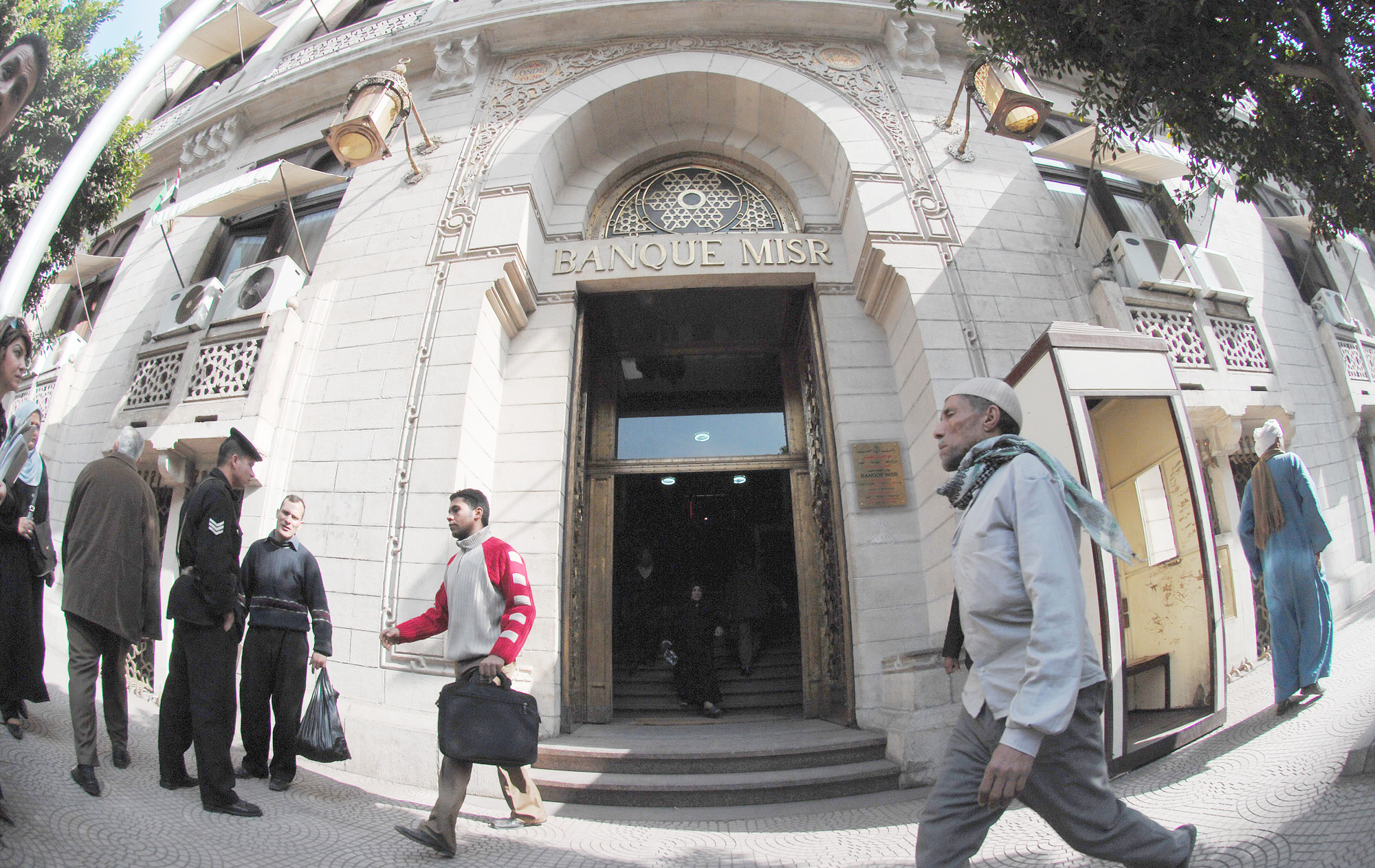CAIRO: The Kefaya Movement for Change’s coordinating committee renewed Wednesday incumbent coordinator Abdel Halim Qandil’s term for one more year amid tension between the opposition movement’s leaders.
A meeting at the movement’s headquarters saw clashes between members of the coordinating committee, where 25 members voted for retaining Qandil’s position for another year, while 20 members voted against it, highlighting the need for elections.
Before the vote, Kefaya’s leaders disagreed over who has the right to vote among the committee’s 67 members. A group led by Qandil saw that the right to vote should be exclusive to active members, while another group led by assistant coordinator and co-founder George Ishaq saw that all the committee’s members have the right to vote.
Eventually the dispute was settled by allowing the 45 present members to vote, on condition that the committee filters all the members that are not actively participating in its events and meetings.
Kefaya doesn’t have executive bylaws outlining rules for electing the general coordinator, but a custom among its leaders that turned into a tradition allows the committee’s members to choose the man for the position.
George Ishaq was the movement’s first general coordinator when it was established in 2004, followed by Abdel Wahab El-Messiry, Abdel Gelil Moustafa and finally Qandil who took over in 2009.
“We will work in the coming period on applying the collective leadership mechanism that we agreed on last year and that we haven’t implemented yet, Ishaq told Daily News Egypt.
“The movement is in bad condition and the only solution is that we work together to form a collective leadership committee so that we don’t leave decisions only in the hands of the general coordinator, he added.
However, Qandil told Daily News Egypt that “some of the leaders, myself included, objected to allowing a committee member who hasn’t actively participated in any of the movement’s meetings in three years to vote.
“During the meeting I suggested allowing the coordinating committee’s members to vote provided that they attended at least one meeting during the past two years, and when my suggestion was turned down, they allowed all those present to vote, he added.
Qandil explained that members of the Kefaya movement agreed to reevaluate the coordinating committee’s membership, and replace the members who stopped participating with active members.

